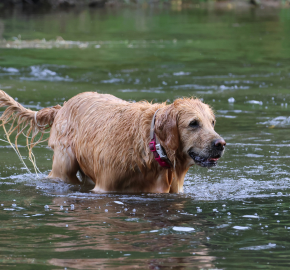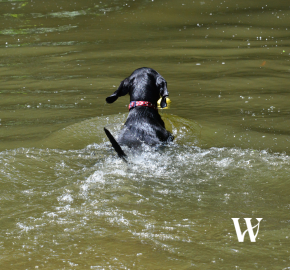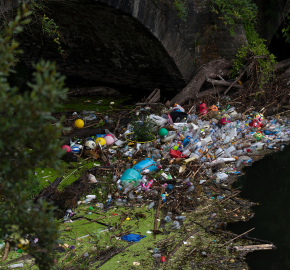The watchdog that lost its bite
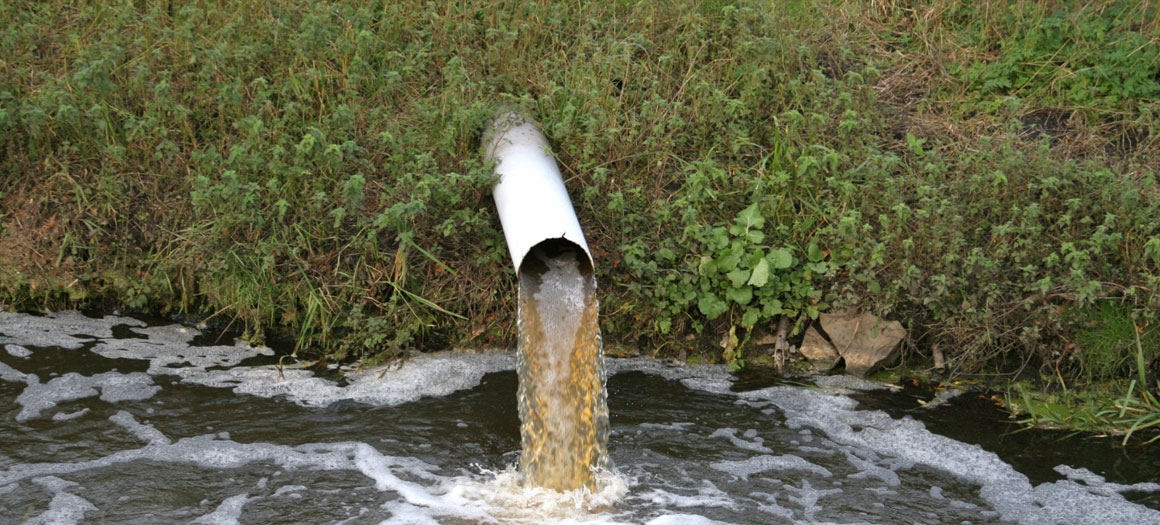
WildFish (formally known as Salmon & Trout Conservation) reports on the Environment Agency as it turns twenty-five years old
Report concludes that Agency is failing to protect rivers, not monitoring, inspecting or prosecuting enough, with its hands tied by central Government
WildFish has today published “Doing its job?”, a report on the state of the Environment Agency and its role in protecting English rivers, lakes and streams.
GO TO THE REPORTThe Report shows that:
- over the last decade or more, what little progress there had been in improving the overall quality and ecological status of the freshwater environment in England has plateaued. Only 14% of English water bodies are in good ecological condition.
- stock surveys show 59% of those water bodies are not achieving good or better status for fish.
- 39 out of our 42 main salmon rivers are ‘at risk’ or ‘probably at risk’.
- despite a legal requirement on the Agency to establish and maintain a coherent and comprehensive monitoring programme to assess water status across England, we have a very limited picture overall of the actual situation in the freshwater environment.
- monitoring by the Agency has reduced dramatically over recent years and looks set to reduce further both in terms of monitoring the wider environment and also monitoring of polluting discharges to and abstraction from rivers.
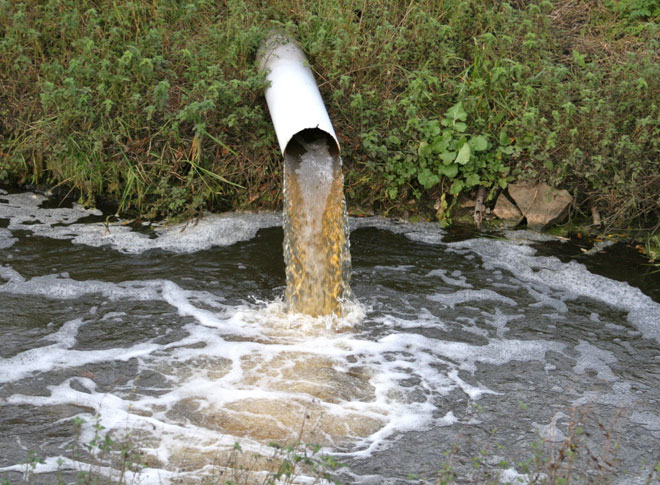
Nick Measham, Chief Executive of WildFish said:
“The Environment Agency turned 25 years old this month but our rivers will not be celebrating. Despite a quarter of a century of its oversight, the freshwater aquatic environment is still heavily polluted, fragmented and we face a biodiversity crisis with many freshwater species in steep decline or, in the case of the Atlantic salmon, at risk of extinction. We are at a point when business as usual is no longer an option if we are to reverse wilful river damage and habitat destruction”.
The Report also shows that:
- the introduction of operator self-monitoring by the Agency ten years ago, whereby dischargers were left to monitor themselves, dramatically reduced the deterrent to would-be polluters and, as the evidence shows, has opened the door to cheating;
- the rate of inspection carried out by Agency staff at regulated sites has reached an extremely low level with some water company sewage treatment works not being inspected over an entire decade.
- the EA inspection rate of English farms, now subject to regulations on avoiding agricultural diffuse pollution, means that farms can only expect to be inspected once every 263 years.
- the number of prosecutions conducted by the EA has dwindled dramatically over time with the rate of decline increasing rapidly since 2012/2013.
- the useful stigma of criminal conviction has largely been removed as a deterrent to would-be polluters and those who would harm the freshwater environment.
“The system is broken. Over recent years, our environmental regulator has been made subject to all manner of deregulatory initiatives and business-friendly codes, all designed to place economic growth above the environment.”
Guy Liney-Adams
Solicitor to WildFish and author of the report
Guy Liney-Adams continues, “To make matters worse, Government has starved the Agency of funds, with its dwindling staff confined to barracks and shackled to their desks.
The watchdog has been beaten, chained up and muzzled”.
The Report makes a number of recommendations including that the Government should urgently amend the legal rules and codes under which the Agency operates in order to allow it the freedom to pursue its statutory objective to protect and enhance the environment in a way that is unencumbered by deregulatory, overly business-friendly, or pure economic growth agendas.
Nick Measham added: “I would ask both the EA and DEFRA to think hard before they respond to the report with spin that that the EA is performing wonderfully. Those of us on the riverbank – and many of the Environment Agency’s own committed staff – know that the Agency is not delivering the protection and enhancement our freshwater habitats so desperately need, the public demands and that the law required of the Agency back in 1995.”

